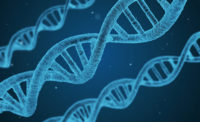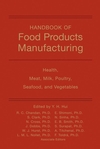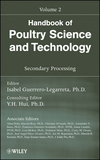A crisis over horse meat in European food products has deepened, as British officials said tests showed that a powerful equine drug, potentially harmful to human health, may have entered the food chain in small quantities.
Until now, the crisis had been seen primarily as an issue of fraud after products containing horse meat were labeled beef, with politicians insisting that, even if millions of products sold as beef contained up to 100% horse meat, food safety was not at issue.
However, now has come the first admission that a banned substance, phenylbutazone -- known as bute -- could have entered the food chain in horse meat.
The British Food Standards Agency said that it had checked the carcasses of 206 horses slaughtered in Britain between January 30 and February 7. “Of these, eight tested positive for the drug,” it said in a statement.
Because there is little demand for horse meat in Britain, the carcasses are thought to have been exported to France where they were likely to have been used by the meat industry. The British and French authorities were trying to trace the meat but as yet have not identified any products directly affected.
The scandal has already plunged the British food industry into crisis with millions of products being withdrawn from supermarket freezer counters, initially in Britain and Ireland. However, other countries, including Sweden and Germany, have been affected too.
Officials in Britain tried to reassure the public. "Horse meat containing phenylbutazone presents a very low risk to human health,” Britain’s chief medical officer, Dame Sally Davies, said in a statement.
"Phenylbutazone, known as bute, is a commonly used medicine in horses. It is also prescribed to some patients who are suffering from a severe form of arthritis. At the levels of bute that have been found, a person would have to eat 500-600 100% horse meat burgers a day to get close to consuming a human’s daily dose,” she said.
“And it passes through the system fairly quickly, so it is unlikely to build up in our bodies,” she added.
"In patients who have been taking phenylbutazone as a medicine there can be serious side effects but these are rare. It is extremely unlikely that anyone who has eaten horse meat containing bute will experience one of these side effects."
The widening scandal began when beef products on sale in several European Union countries were found to contain horse meat. Suppliers have said that the questionable meat originated at processing plants in Romania.
Source: The New York Times
Editor's Note:
This article originally appeared on www.preparedfoods.com, a sister publication of The National Provisioner.
U.K. horse meat scandal may impact food safety
Equine drug may have entered food chain

Looking for a reprint of this article?
From high-res PDFs to custom plaques, order your copy today!







